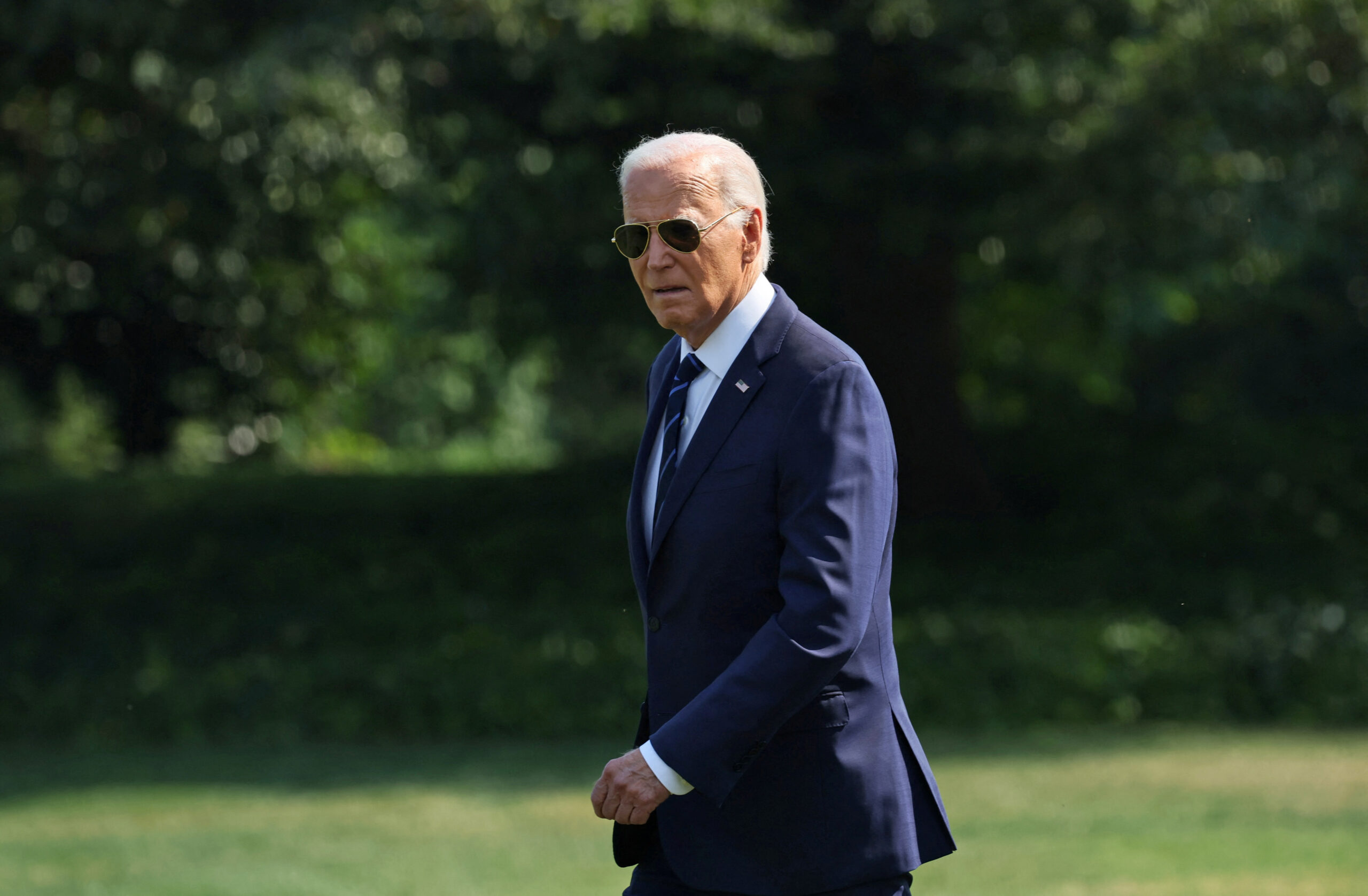Former Pentagon official and Army Special Forces officer Steven Bucci raised concerns about President Joe Biden’s fitness for office and called for accountability among top government officials who may have shielded the extent of the president’s cognitive and physical decline.
Joining hosts Dan Proft and Jeanne Ives — who was filling in for Amy Jacobson — Bucci criticized Democratic leadership for continuing to support President Biden despite what he called clear signs of impairment. The interview followed recent revelations about Biden’s October 2023 interview with Special Counsel Robert Hur and the belated announcement of his advanced-stage prostate cancer.
Referencing South Carolina Congressman Jim Clyburn’s continued defense of Biden’s capabilities, Bucci expressed disbelief at the lack of concern from within the Democratic Party. “If Clyburn really believes what he’s saying now, we need to get him checked cognitively too,” Bucci said, suggesting the party was treating the American public as “stupid and compliant.”
Proft and Ives questioned how top national security officials like Defense Secretary Lloyd Austin, former Joint Chiefs Chairman Mark Milley, and Secretary of State Antony Blinken handled their interactions with Biden. Bucci echoed those concerns, demanding to know whether these officials dealt directly with the president or were relying on intermediaries — and whether they knowingly misled Congress and the American public.
Bucci, now a visiting fellow at the Heritage Foundation’s Allison Center for Foreign Policy Studies, argued that someone other than the president was likely making critical national security decisions during Biden’s term. “It wasn’t a governing issue because they didn’t need Joe Biden to make any real decisions,” he said. “They were all making the decisions for him.”
On the international front, Bucci addressed Iran’s nuclear ambitions, calling the regime’s negotiating tactics a “delaying game.” While he stopped short of advocating for nuclear action, he acknowledged the difficulty of stopping Iran’s enrichment program through diplomacy alone. “It can be stopped,” he said, “but it’s going to take a pretty robust effort,” possibly involving coordinated U.S. and Israeli military action.
The conversation also turned to reports of a proposed plan to relocate up to a million Gazans to Libya, which Bucci dismissed as unworkable, citing historical resistance from Palestinian populations to such arrangements.
Commenting on the recent Romanian elections and broader populist movements across Europe, Bucci criticized alleged interference from European Union bureaucrats and outside influences such as George Soros’s funding networks. He encouraged a future Trump administration to support nationalist leaders abroad who align with U.S. interests, warning that Europe’s elites are “pushing the rock uphill” in resisting populist change.
Bucci concluded the interview with a critical reflection on General Mark Milley’s leadership, describing a sharp turn from his early years as a “tough guy” officer to an advocate for progressive military policies. “He dropped the ball when he got to that highest level,” Bucci said, expressing disappointment in Milley’s embrace of DEI initiatives during his final years in office.
The interview underscored rising concerns among conservatives about transparency in national security decision-making and the implications of an allegedly incapacitated president being shielded by unelected advisors.





